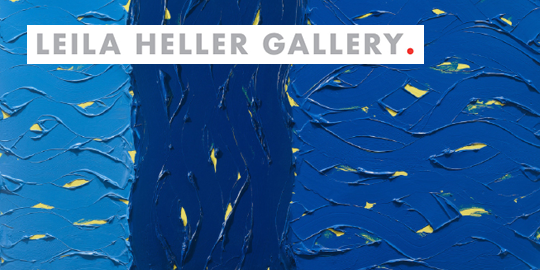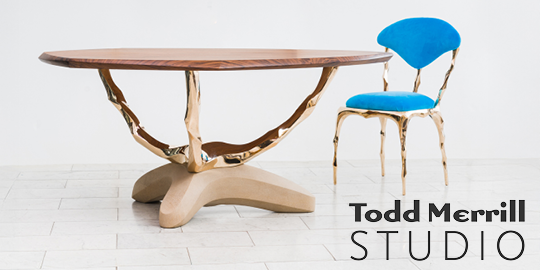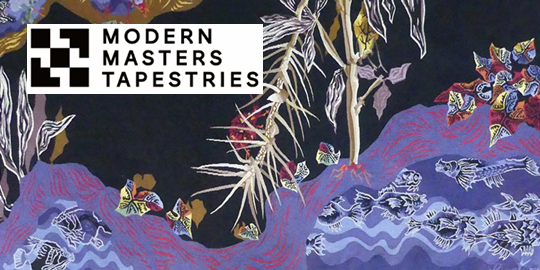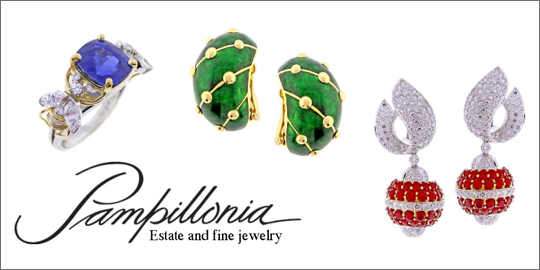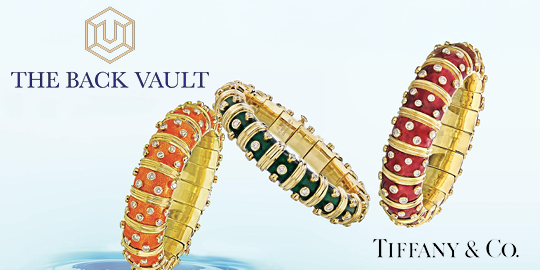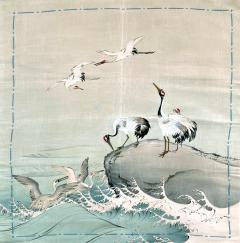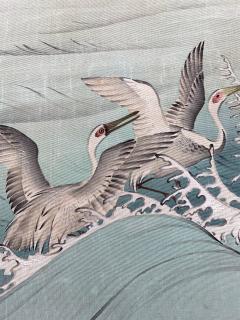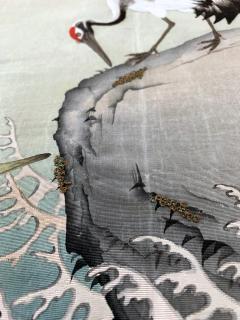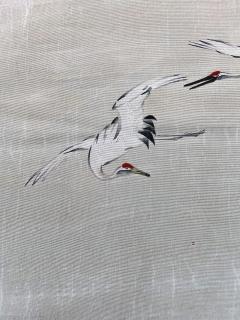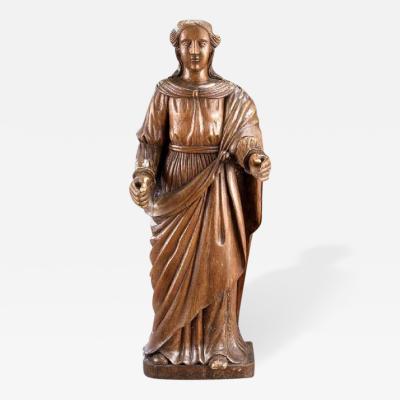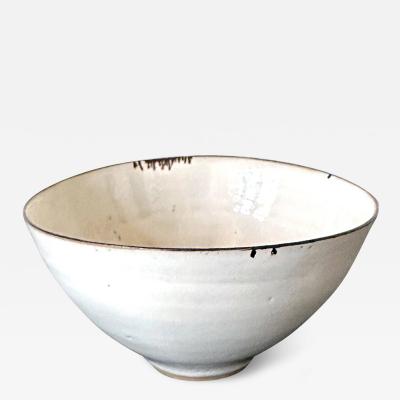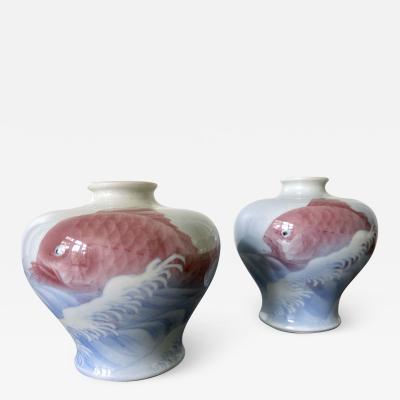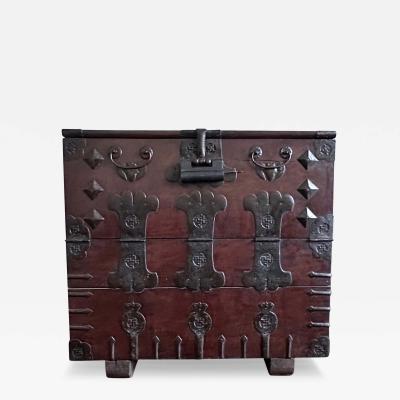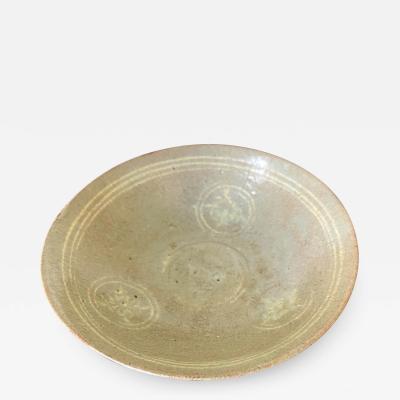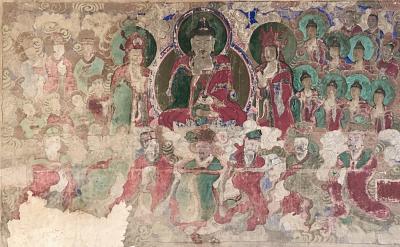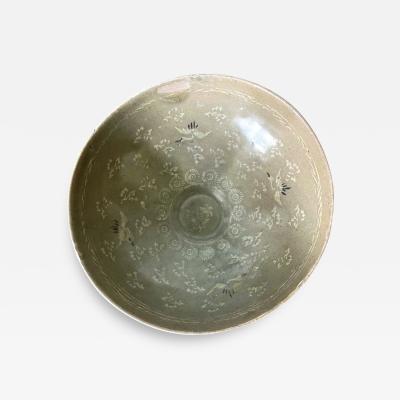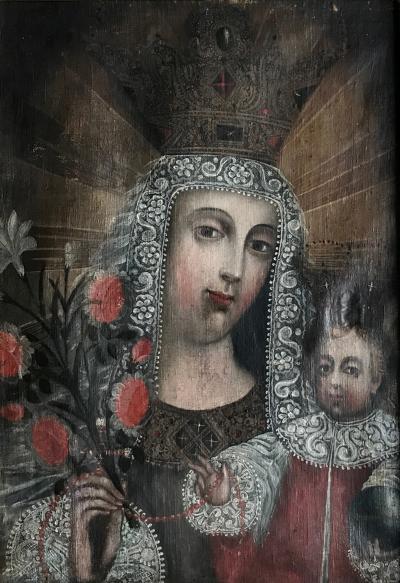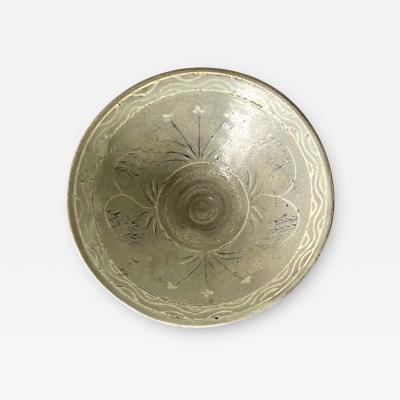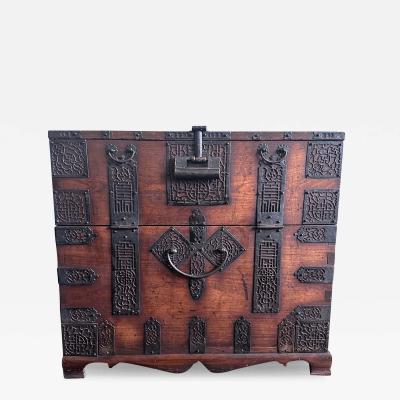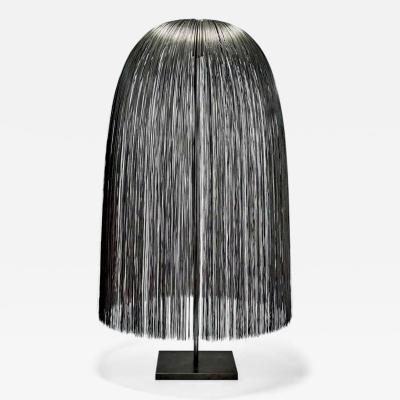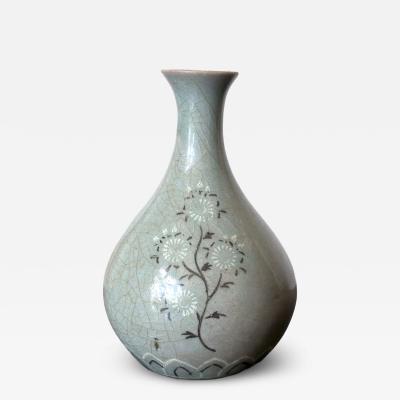Japanese Antique Fusuka Textile Art Meiji Period
-
Description
A Japanese silk Fukusa panel circa late 19th-early 20th century of Meiji Period. The front was beautifully decorated with Yuzen-zome, a labor intensive resist-dye technique invested by an artist monk Miyazaki Yuzensai (1654 -1736) of Edo period. The auspicious composition features a group of red-crown cranes, the symbol of longevity. Three of them perch on the rock by the ocean (East Sea) an two of them are in flight. Additionally, two egrets frolic in the wave. Yuzen dying was used extensively to showcase the amazing details such as the waves and the gradual coloring effect. Embroidery was used sparsely to highlight areas such as the legs of the crane to render it more dimensional details.
The piece has a red silk backing and still retains four blue tassels on corners as well as decorative stitches along the edges.
Fukusa is a traditional Japanese textile art used as a panel for presenting gifts at important occasions. -
More Information
Origin: Japan Period: 1900-1919 Materials: silk Condition: Good. Antique textile condition, with minor stain spots, a small pin hole on the front, discoloration spots on the back, folding lines from storage. Unframed. As shown. Creation Date: early 20th century Styles / Movements: Bespoke, Asian, Traditional Incollect Reference #: 346299 -
Dimensions
W. 26 in; H. 29 in; D. 0.1 in; W. 66.04 cm; H. 73.66 cm; D. 0.25 cm;
Message from Seller:
Tishu, based in Atlanta, GA, offers a diverse collection ranging from Neolithic art to 20th-century collectibles, with a focus on Mid-century design, Japanese and Korean art, Asian textiles, and Contemporary Aboriginal art. Driven by a passion for timeless beauty, the gallery is open by appointment only and offers works that span 5,000 years of history. Reach them at 305-400-0561 or tishu@tishugallery.com.


